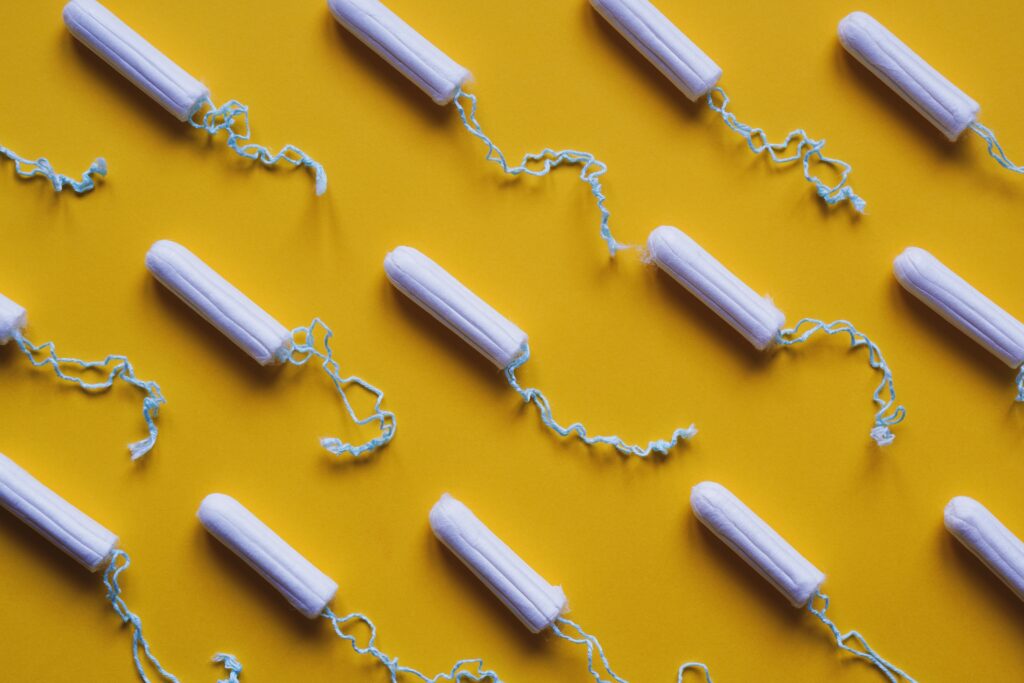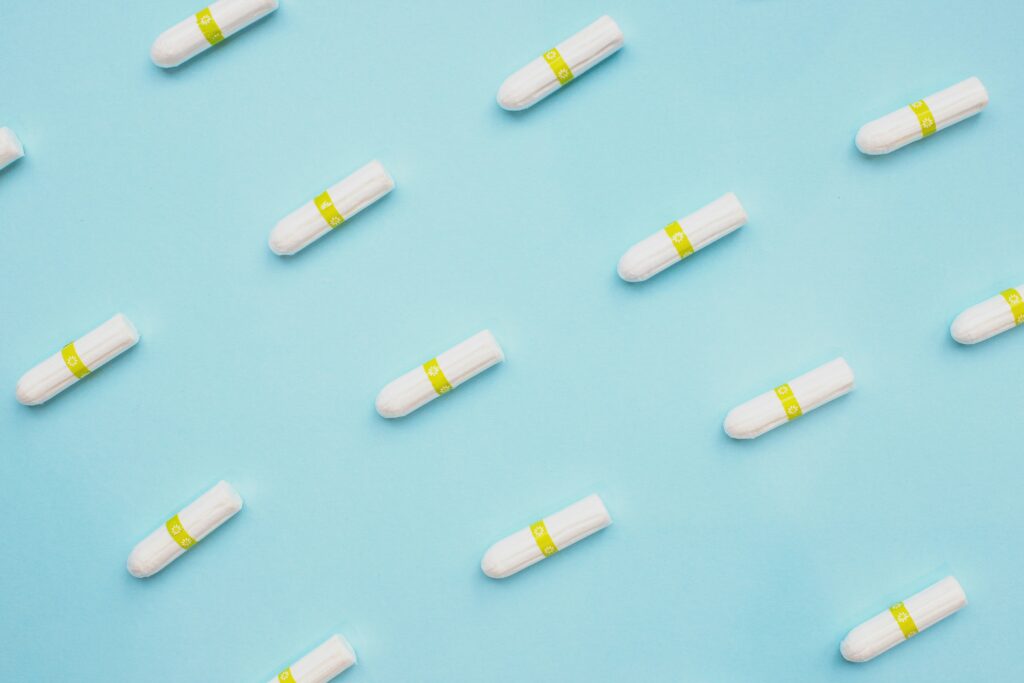Menstruation or periods are natural processes that every woman goes through in her life. It’s a healthy and necessary biological process that provides key indicators of the body’s health. However, it’s also a time when most women struggle due to the discomfort menstruation causes or the lack of access to hygienic menstrual products. Furthermore, the taboo surrounding menstruation and related products has greatly impacted how these products are made, circulated, and disposed of.
Notably, traditional sanitary pads and tampons often have more plastic than cotton, an estimated 90% in most cases, significantly contributing to environmental damage. While brands like Daye are constantly making an effort to create sustainable period products, the complexities associated with period products need a practical and sustainable solution.
Here are some reasons why sustainable period products are a need of the hour:
- Impact on health
Traditional, commercially manufactured tampons can contain harmful chemicals like bleach (to give them the bright, white colour and the stiff structure), dioxins (common in tampons with rayon, the chemical can increase the risk of endometriosis), pesticides (that come from conventional, non-organic cotton), and fragrances that often are laced with parabens. These chemical substances can cause serious health conditions, including cancer.
Switching to alternatives like CBD tampons is not only a sustainable choice, but there are underlying benefits as well that can make menstruation significantly easier. For instance, CBD-infused tampons can significantly reduce cramp pain by relieving inflammation from the cramp-causing uterine contractions. Furthermore, they are less likely to cause tampon-related irritation.
- The environmental impact
Conventional pads and tampons are mostly made of plastic and wood pulps, usually obtained from the Eucalyptus tree. The tree was once native to Australia but is now aggressively grown in Brazil, in the states of Bahia and Espirito Santo, making Brazil the number one producer of the tree. It’s also produced in parts of California.
A great part of Amazon rainforests has been chopped to make space for the trees to grow, making it a challenge for the local fauna to find a place for itself. Furthermore, conventional menstrual products are made from non-biodegradable materials like plastic, cellulose, and rayon, eventually ending up as landfill waste. These microplastics find their way to the oceans, further causing serious water pollution.
- Excessive resource consumption
Conventional menstrual products consume thousands of litres of water, and vast energy resources are spent to grow and harvest cotton or wood pulp from Eucalyptus trees. Aside from that, the synthetic manufacturing process also consumes thousands of litres of water, which oftentimes cannot be reused due to water contamination and the presence of chemicals like bleach and dioxins.
Additionally, the fragrances often contain an alarming presence of phthalates, parabens, volatile organic compounds, dioxins and dioxin-like compounds, and environmental phenols. Aside from causing harm to the environment, these chemicals can cause serious health conditions like infertility, obesity, asthma, allergies, breast cancer, and cancers related to the reproductive system.
The Need To Urgent Switch To Sustainable Tampons And Other Period Products
Sustainable period products are not only revolutionary but also provide an assurance of safety and encourage a sense of responsibility towards the environment and one’s own health. They can be the solution to prevent heaps of landfills, protect children and adults involved in producing these products, and provide access to safer products that do not cause any harm to one’s body.
Additionally, these products are more cost-effective in the long run and reinforce positive change around the stigma surrounding the natural concept of menstruation. When choosing a sustainably crafted menstrual product, you are choosing the environment, good health, and a fair wage for workers worldwide.



